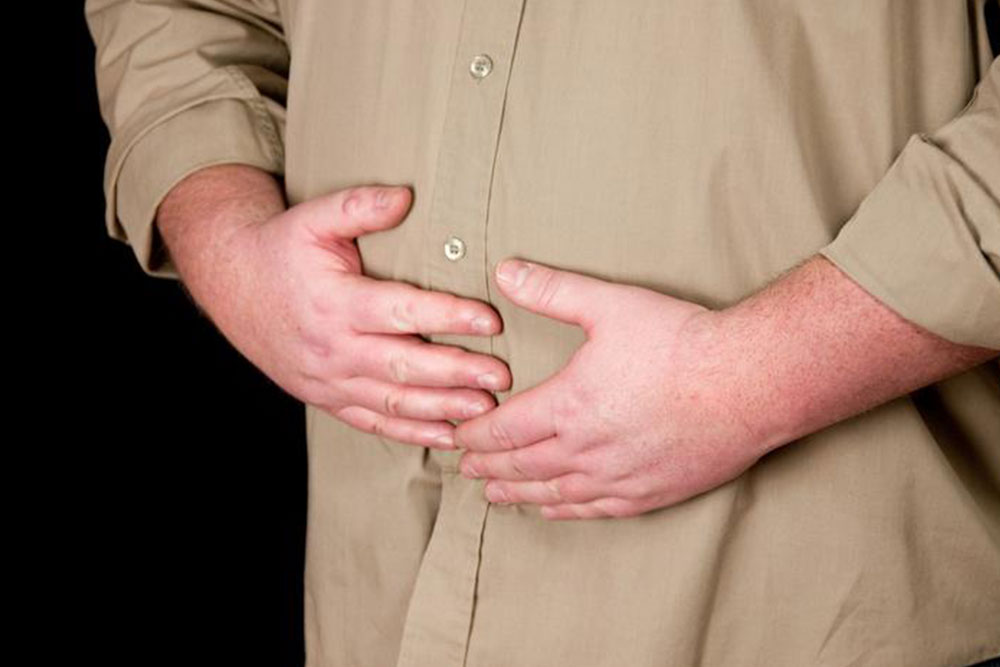Five common types of Crohn’s disease

Crohns disease is a condition that results in inflammation of the digestive tract leading to complications which can sometimes be life-threatening. There are five different types of Crohns disease, with different symptoms and treatment options.
The disease affects the lower part of the small intestine and the colon, along with some parts of the large intestine as well. People who are between the ages of 15 to 35 have a higher chance of getting affected. However, Crohns disease affects people of all ages in general.
The bowel tissue gets affected due to this disease which leads to swelling, thickening or a scar tissue forming which blocks the bowel passage and can develop ulcers in the lining of the bowel wall. Due to a condition called malabsorption which is a result of bowel tissue losing its ability to absorb nutrients, the digestive tract is severely affected.
The five common types of Crohns disease include:
Crohns colitis: Colitis is a condition of the colon with distinct Crohn diseases symptoms and signs ranging from the formation of ulcers and fistulas to abscesses around the anal region. Rectal bleeding, symptoms of diarrhea, joint pains and even certain skin abnormalities are the visible indicators of a developing Crohns colitis condition. The symptoms range from moderate to severe levels of discomfort.
Jejunoileitis: Jejunum is the upper half of the smaller intestine which is severely affected in case of developing Crohns symptoms and signs for jejunoileitis. Inflammation in the upper part of the smaller intestine causes cramps experienced after having a meal, formation of fistulas around the anus, pain in the abdomen and diarrhea.
Ileocolitis: This is the most common type of Crohns disease which affects the small intestine mainly. The Ileum and colon are affected which causes severe health complications. Noticeable weight loss, diarrhea, stomach cramps which cause pain in the middle or lower parts of your abdomen are some of the more prominent Crohns symptoms and signs for ileocolitis.
Ileitis: The ileum is primarily affected in this type of Crohns disease with symptoms which are more or less similar to that of ileocolitis. However, developing fistulas, abscesses in the anus region can lead to inflammation and are some of the severe Crohns symptoms and signs.
Gastroduodenal Crohns disease: This particular condition mainly affects the stomach and the duodenum. The duodenum is the first part of the small intestine. Associated symptoms of this condition include nausea, loss of appetite which ultimately results in weight loss.



